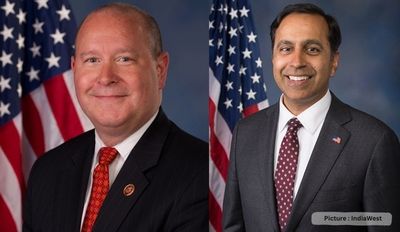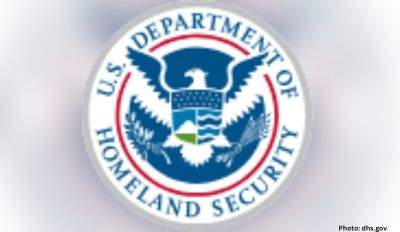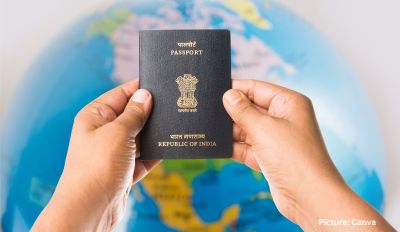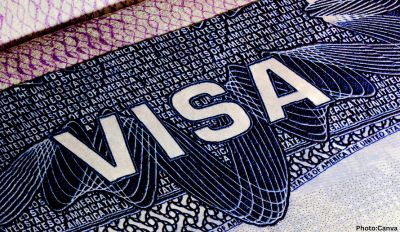A bipartisan bill has been introduced in the U.S. House of Representatives to properly utilize the employment-based visas currently allocated each year under existing federal immigration law.
Democrat Indian-American Congressman Raja Krishnamoorthi and Republican Larry Bucshon introduced the Eliminating Backlogs Act of 2023 to provide “greater flexibility to use existing allotted work visas”.
“Even as our country’s high-skilled immigration system helps us draw top talent from around the world, current law caps the number of employment-based visas available based on workers’ country of origin, leaving thousands of visas that would otherwise help our economy unused,” Krishnamoorthi said. The legislation is aimed at ending country-based discrimination in high-skilled immigration to ens
Every year Congress allows for a set number of foreign nationals with specific skills and training to come to the U.S. for work. This helps ensure that American businesses have access to the skilled labor force they need to succeed. Each nation is capped at receiving only seven percent of the allotted employment-based slots in any year. Due to this per-country limitation and bureaucratic delays, U.S. immigration officials failed to utilize approximately 9,100 employment-based visas in FY2020 and over 66,000 in FY2021.
In 2022, the U.S. saw record demand for technology workers, which resulted in a lower likelihood of being selected than in previous years, overall. USCIS received 483,927 registrations in 2022, which was a 57% increase over the 308,613 received in 2021 and a 76% increase over the 274,237 received in 2020. Individuals from India and China account for an estimated 80% of registrations, per USCIS.
While USCIS selected 42% of the registrations in 2021 over three different rounds of selection, in 2022 USCIS completed the cap in a single round of selection, selecting 127,600 registrations for the 85,000 spots available. This amounted to a 26% selection rate, a significant decrease over the year prior.
By removing the per-country cap, individuals from countries with higher numbers of H-1B applicants, like India and China, will be available to fill much-needed roles.
This is the latest effort to address employment-based visa backlogs. In 2022, the Equal Access to Green cards for Legal Employment (EAGLE) Act proposed a similar approach, among other efforts. The Build Back Better Act also included proposed changes to immigration processes. Neither of those proposed efforts saw any forward movement around immigration law.











